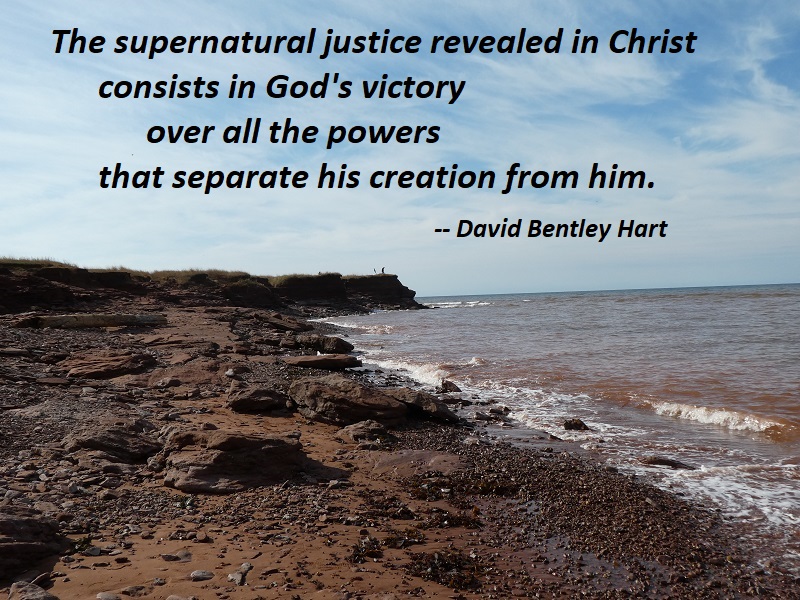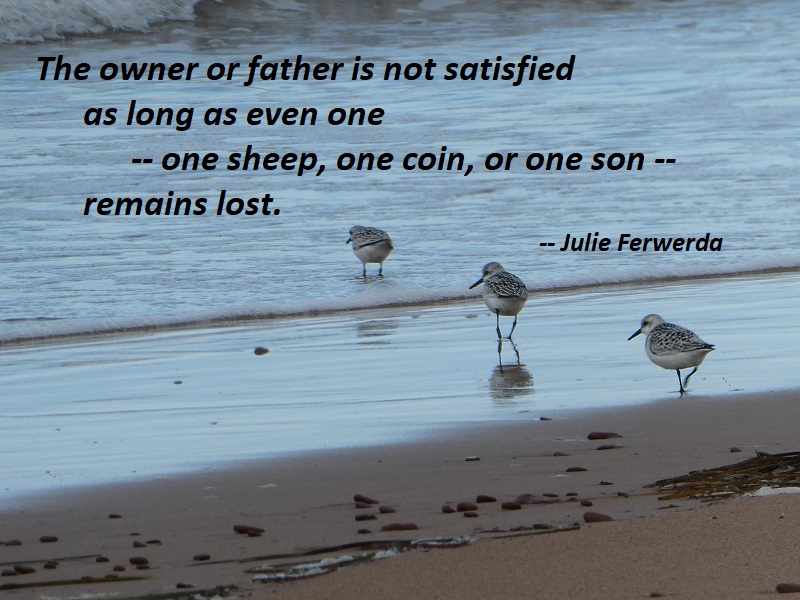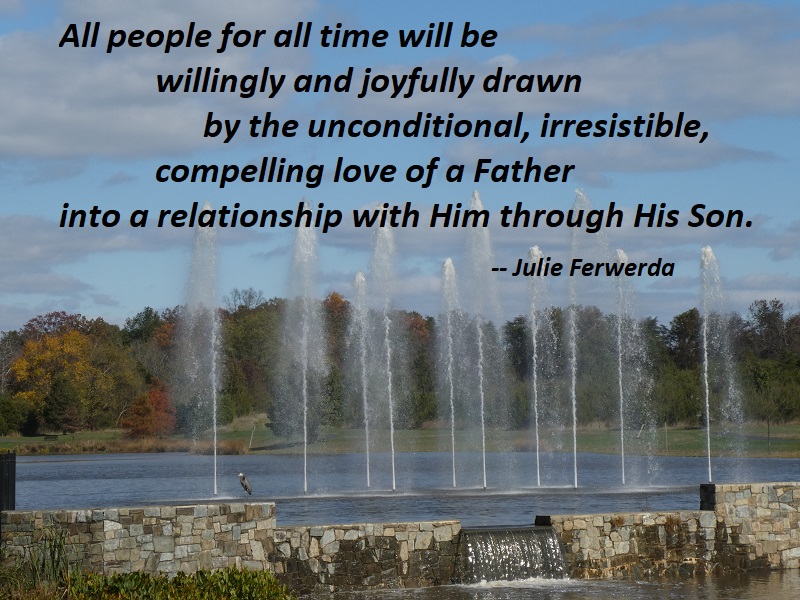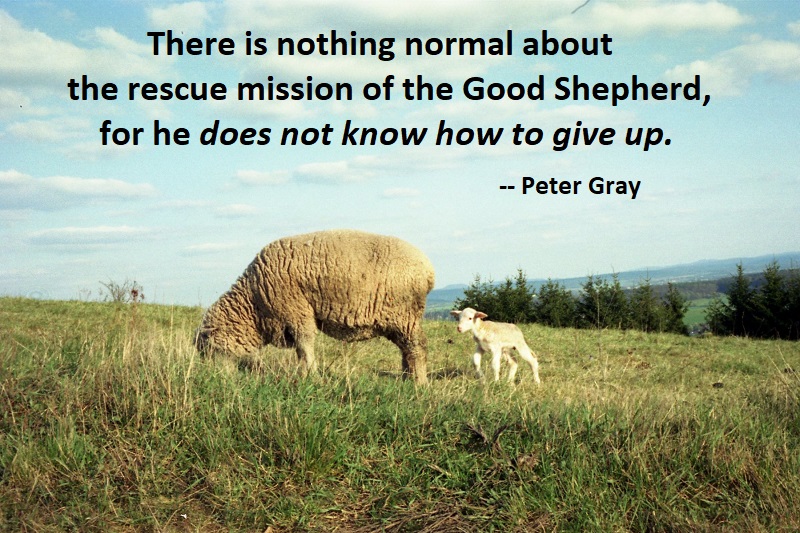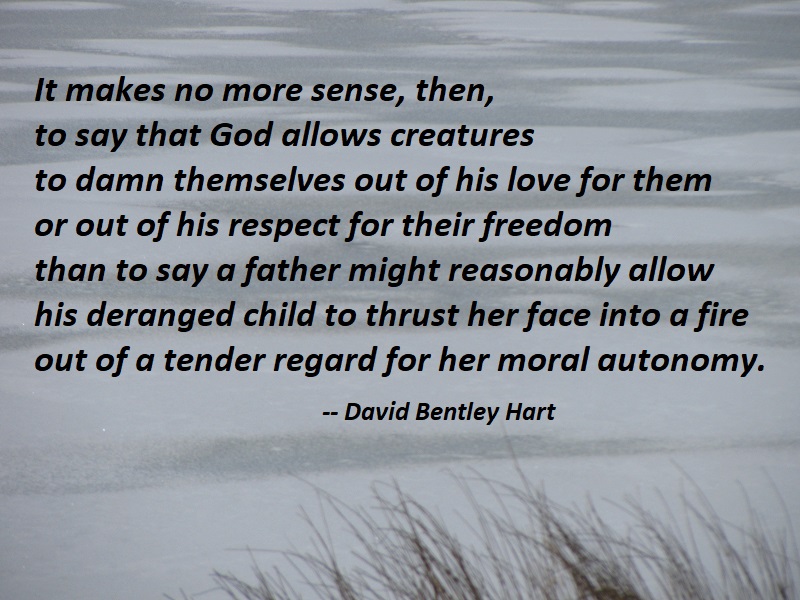
The most civilized apologists from the “infernalist” orthodoxies these days, as I have noted elsewhere in these pages, tend to prefer to defend their position by an appeal to creaturely freedom and to God’s respect for its dignity. And, as I have also noted, there could scarcely be a poorer argument; whether made crudely or elegantly, it invariably fails, because it depends upon an incoherent model of freedom. If one could plausibly explain how an absolutely libertarian act, obedient to no prior rationale whatsoever, would be distinguishable from sheer chance, or a mindless organic or mechanical impulse, and so any more “free” than an earthquake or embolism, then the argument might carry some weight. But to me it seems impossible to speak of freedom in any meaningful sense at all unless one begins from the assumption that, for a rational spirit, to see the good and know it truly is to desire it insatiably and to obey it unconditionally, while not to desire it is not to have known it truly, and so never to have been free to choose it…. Here I can at least point out that scripture seems to support my view. “And you will know the truth, and the truth will make you free” (John 8:32): for freedom and truth are one, and not to know the truth is to be enslaved. “Father, forgive them; for they do not know what they are doing” (Luke 23:34): not seeing the Good, says God to God, they did not freely choose evil, and must be pardoned. “Everyone committing sin is a slave to sin” (John 8:34): and a slave, needless to say, is not free. Moreover, it is simply obvious that, under normal conditions, we recognize any self-destructive impulse in any person as a form of madness. It makes no more sense, then, to say that God allows creatures to damn themselves out of his love for them or out of his respect for their freedom than to say a father might reasonably allow his deranged child to thrust her face into a fire out of a tender regard for her moral autonomy.
— David Bentley Hart, That All Shall Be Saved, p. 79-80
Photo: South Riding, Virginia, March 6, 2015


